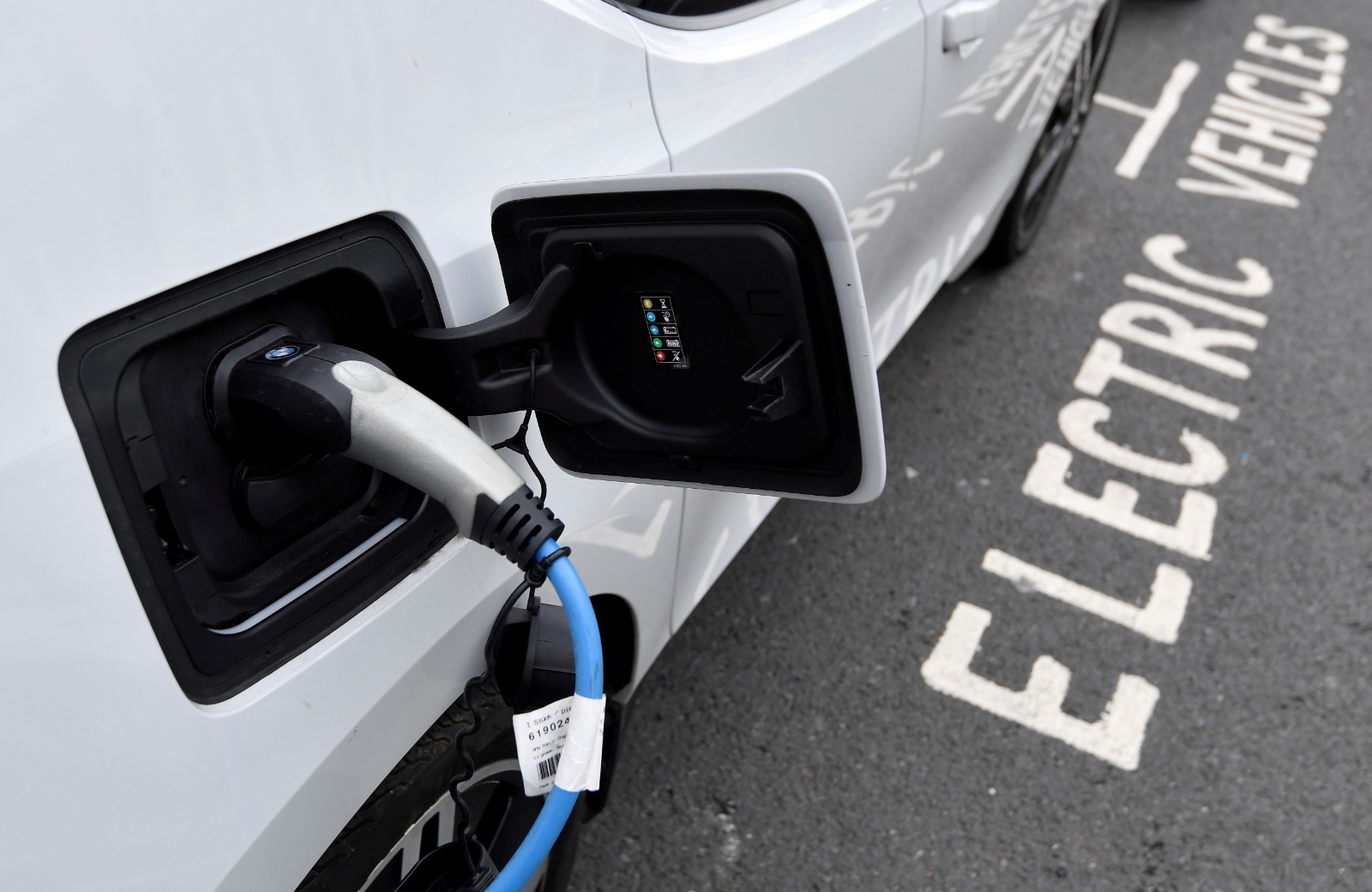Transportation has always been a fundamental requirement for human beings, but for how long can we put our environment at stake, when we have started facing a myriad of problems because of unrestrained emission of greenhouse gases across the globe?
Driving India towards a greener, cleaner and more sustainable future, the government is focusing on transitioning to Electric Vehicles (EVs) as it is a more efficient alternative to traditional gasoline-powered cars. EVs have become a feasible choice for many throughout the world with its breakthroughs in battery technology, an expanding network of charging infrastructure, and rising customer demand. “With the strengthening of supply, demand and ecosystem, the EV sector is surely going to progress,” Prime Minister Narendra Modi said at an event.
According to the e-vahan portal (Ministry of Road Transport and Highways), India has a total of 13, 34, 385 Electric Vehicles and 27,81,69,631 non-Electric Vehicles in use. India is currently the world’s fifth-largest market for automobiles, which includes both internal combustion engines (ICE) and electric vehicles. By 2030, it is expected to become the world’s third-largest market. Prominent Indian automakers like Tata Motors and Mahindra & Mahindra have started making EVs, while a number of foreign firms have also entered the market.
India’s initiative to enhance EV Market
Moving towards its climate commitments, India has made an unprecedented focus on clean and green energy in the past 9 years. The Indian government has established a goal to electrify 30 percent of the nation’s fleet of vehicles by 2030 and has implemented a number of incentives and policies to encourage the development of the EV market.
For significant capital investments intended to meet the energy transition, Finance Minister Nirmala Sitharaman disclosed a budget allocation of INR 35,000 crore in the Union Budget 2023–24. With an aim to reduce dependency on fossil fuel and to address issues of vehicular emissions, the government had introduced Faster Adoption and Manufacturing of (Hybrid &) Electric Vehicles in India (FAME India) Scheme in the year 2015.
At present, Phase-II of FAME India Scheme is being implemented for a period of 5 years w.e.f. 01st April, 2019 with a total budgetary support of Rs. 10,000 crores. FAME II intends to support 7,090 e-Buses, 5 lakh e-3 Wheelers, 55,000 e-4 Wheeler Passenger Cars (including Strong Hybrid) and 10 lakh e-2 Wheelers.
In addition, the government launched a PLI scheme for electric vehicles to boost productivity and make it easier to sell EVs to customers at a lower price. It has also announced a reduction of the GST on electric vehicles from 12% to 5%; GST on chargers/ charging stations for electric vehicles has been reduced from 18% to 5%. According to the Economic Survey 2023, India’s domestic electric car industry will increase at a CAGR of 49 percent between 2022 and 2030, with 10 million annual sales by 2030.
The charging infrastructure for EVs is also being increased by investments in charging stations from both the government and commercial firms. Energy Efficiency Services Limited (EESL) launched the nation’s first EV charging plaza in July 2020, and the number of charging stations has more than fivefold increased in just one year. According to data from the Ministry of Heavy Industries, as of 2023, there are 6,586 public EV charging stations in India.
Despite being 17 % of the world’s population, India has been ranked amongst the top five performing countries in the Climate Change Performance Index. The theme under India’s G20 Presidency revolves around “One Earth, One Family and One Future”. Through its Energy Transitions Working Group, India aims to focus on six major priority areas that includes; Energy Transition through Addressing Technology Gaps; Low-cost Financing for Energy Transition; Energy Security and Diversified Supply Chains; Energy Efficiency, Industrial Low Carbon Transitions and Responsible Consumption; Fuels for Future (3F) and Universal Access to Clean Energy and Just, Affordable, and Inclusive Energy Transition Pathways.














